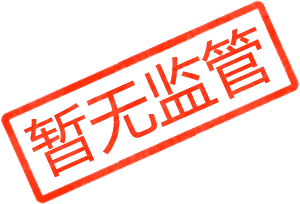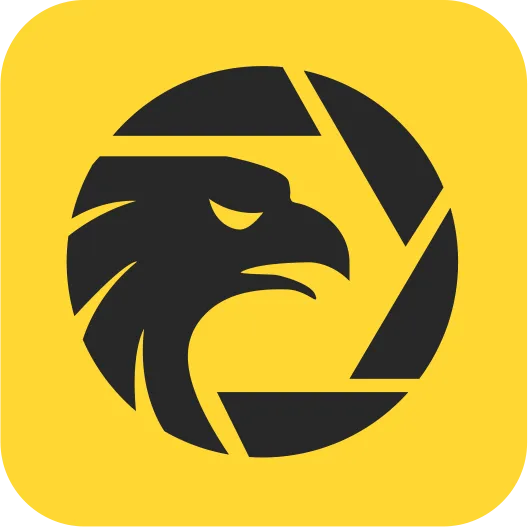
天眼评分
Proton Markets
 英国 | 5-10年 |
英国 | 5-10年 |--
官方网址
评分指数
影响力
影响力
D
影响力指数 NO.1
 阿联酋 2.53
阿联酋 2.53 联系方式
 外汇监管
外汇监管
暂无外汇交易类牌照,请注意风险!
- 该交易商当前暂无有效外汇监管,请注意风险!
基础信息
 英国
英国 账户信息
- 交易环境--
- 货币--
- 最大杠杆1:100
- 支持EA
- 最低入金50 000 USD
- 最小点差from 0.9
- 入金方式--
- 出金方式--
- 最小头寸--
- 手续费--
- 交易品种--
浏览 Proton Markets 的用户还浏览了..
LIRUNEX
fpmarkets
官网鉴定
protoncapitalmarkets.com
37.152.79.44服务器所在地土耳其
备案号--主要访问国家/地区--域名创建时间--网站名称--所属公司--
Wiki问答

How much is the lowest deposit needed to start a live trading account with Proton Markets?

As an experienced trader, I pay particularly close attention to minimum deposit requirements, since they set the barrier to entry and directly impact risk exposure for new accounts. With Proton Markets, I observed three distinct deposit tiers depending on the chosen account type. According to the data, the minimum deposit to start a live trading account is $1,000–$5,000 USD for what appears to be their entry-level option. There are also higher deposit ranges—for instance, $5,001 up to $50,001 USD, and a significant jump to $50,000 USD minimum for another account type. For me, an initial deposit of $1,000 or more is at the high end for retail forex trading, especially given the current industry standards where many brokers let clients start with as little as $100 or less. This relatively large requirement means that trading with Proton Markets would tie up more capital up front, inevitably increasing potential risk if the broker’s credibility were in question. This brings me to a key point: I would always be cautious with any broker before committing such amounts, particularly when I see additional warning signs—such as a lack of clear regulatory status and other risk indicators I noted for Proton Markets. To summarize, while the lowest deposit is $1,000, I advise careful consideration of the broker’s risk profile before proceeding at this level of financial commitment.


Which types of trading instruments can you access with Proton Markets, such as forex, stocks, indices, cryptocurrencies, or commodities?

In my personal experience as a trader researching Proton Markets, one of the biggest challenges I encountered was the lack of transparent information about the specific trading instruments offered. When I investigated Proton Markets’ available products, I could not find clear details on whether they provide access to forex, stocks, indices, cryptocurrencies, or commodities. This stood out to me as a significant red flag, especially compared to other brokers who clearly outline instrument lists on their platforms. For me, the ability to review the full scope of tradable assets is key to informed decision-making and proper risk assessment. The absence of this information makes it very difficult to ascertain if Proton Markets aligns with my trading strategies or portfolio goals. Additionally, considering their score, lack of valid regulatory status, and warning labels noted during my research, I am especially reluctant to proceed without full transparency. In summary, based on my due diligence, I cannot verify or rely on Proton Markets for access to any specific asset types. Without clear disclosure of tradable instruments, I personally would approach with extreme caution and would recommend others do the same until more information is reliably provided.


How do Proton Markets' swap fees, or overnight financing charges, stack up against those offered by other brokers?

Having spent several years evaluating brokers for my own trading, I’m always deliberate in assessing the fine print, particularly swap fees or overnight financing charges. When looking into Proton Markets, I immediately noticed a major gap in transparency regarding critical trading costs. On their information page, there are no clear details about swap fees, how these are calculated, or even an explicit mention of overnight charges. As someone who often trades positions overnight, this lack of transparency is a red flag for me. Reliable brokers usually provide explicit swap fee schedules for each instrument they offer, enabling traders to compare costs before making a commitment. Moreover, Proton Markets already triggers several serious cautions: its regulatory status is highly suspect, it carries a “high potential risk” warning, and its overall broker score is quite low compared to well-established and regulated peers like IC Markets or VT Markets. In my experience, unregulated brokers often compensate for low entry requirements or flashy marketing with hidden, poorly disclosed fees—including elevated swap rates that can quietly erode profits. Since I’m unable to verify their swap charges or compare them directly, I have to assume the risk of unpredictable overnight costs is much higher. For anyone considering holding trades overnight, the absence of this basic disclosure is, for me, a strong reason to stay on the sidelines. I would only consider brokers that publish complete fee information and hold recognized regulatory licenses.

Which documents are generally needed to make your initial withdrawal from Proton Markets?

Drawing from my years trading forex and encountering a wide range of brokers, I must emphasize the importance of strict due diligence, especially with platforms like Proton Markets. Based on their profile, what stands out immediately is their complete lack of valid regulation and the warnings regarding high potential risk. Typically, regardless of regulation, brokers in the industry require clients to provide documents verifying their identity and address. For an initial withdrawal, it is normal for brokers to request a government-issued ID (such as a passport or driver’s license), proof of residential address (like a utility bill or bank statement), and—depending on the funding method—possibly proof of payment source (such as a copy of the debit/credit card or bank statement used for deposit). However, with Proton Markets, I notice the absence of clear information about withdrawal procedures or required documentation. This lack of disclosure is a red flag for me, as trustworthy brokers are usually transparent about these processes. My experience has taught me that where documentation requirements are vague or withheld, there is a higher risk of withdrawal complications or even potential for the broker to use documentation as a stalling tactic. Because Proton Markets is flagged for suspicious licensing and high risk, I would be especially conservative; I would not proceed or deposit funds until the company provides full, official guidelines in writing about withdrawals and the specific verification process.



你要评价的内容
请输入...











